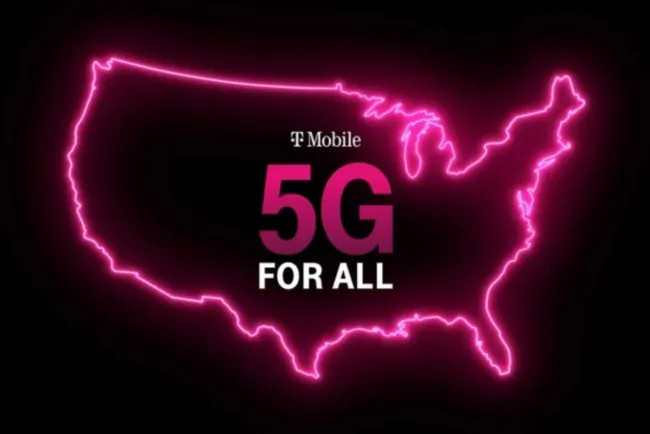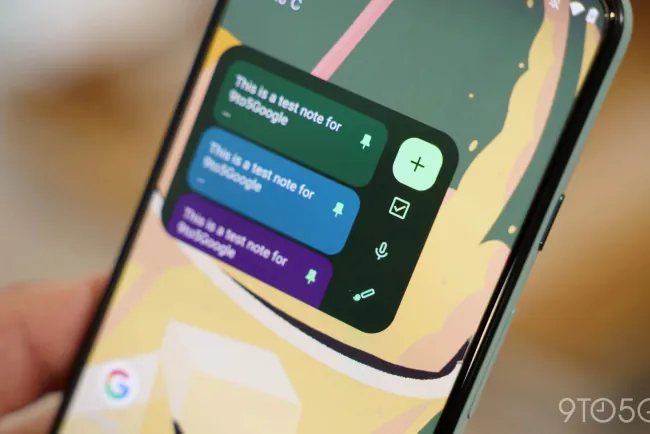Zero-Click Facebook Vulnerability Exposed
Discover the groundbreaking discovery of a zero-click vulnerability in Facebook by Samip Aryal, its risks, Meta's swift fix, and how to secure your account

Outline for "Zero-Click Facebook Account Takeover Vulnerability Uncovered"
-
- Overview of the vulnerability discovery
- Importance of cybersecurity in social media platforms
-
Understanding the Zero-Click Vulnerability
- Definition and implications of a zero-click vulnerability
- The role of rate-limiting issues in security breaches
-
- Background of the researcher
- Initial findings and analysis process
-
- Description of the Facebook password reset flow
- Technical breakdown of the exploit method
-
- Timeline of reporting and fixing the vulnerability
- Meta's acknowledgment and rewards for bug discovery
-
- Potential risks and consequences of account takeovers
- Importance of prompt vulnerability management
-
Protecting Your Facebook Account
- Tips for maintaining account security
- Recommendations for users to safeguard their information
-
The Importance of Bug Bounty Programs
- Overview of Facebook’s bug bounty program
- Role of community researchers in cybersecurity
-
Cybersecurity Trends and Social Media
- The evolving landscape of cybersecurity threats
- Future challenges for social media platform security
-
- Recap of the critical vulnerability discovery
- The ongoing need for vigilance in digital security
In the ever-evolving landscape of cybersecurity, a critical vulnerability was uncovered that shook the foundations of digital trust on social media platforms. Discovered by the vigilant eyes of Nepalese researcher Samip Aryal, a significant flaw within Facebook's infrastructure posed a dire threat, enabling attackers to hijack Facebook accounts without a single click from the user. This alarming revelation not only highlights the intricate battlefields of digital security but also underscores the relentless efforts of individuals and corporations in safeguarding personal and communal digital spaces. Discover more about this critical find and its implications on Kiksee Magazine.
Understanding the Zero-Click Vulnerability
Zero-click vulnerabilities are a cybersecurity nightmare, allowing attackers to gain unauthorized access without any interaction from the victim. In the case of Facebook, a rate-limiting mishap on a specific password reset flow endpoint laid the groundwork for potential account takeovers. Such vulnerabilities underscore the complex nature of digital security and the continuous need for robust protective measures.
Samip Aryal, a name now synonymous with proactive digital defense, embarked on a journey that led to the unearthing of this critical flaw. Aryal's meticulous analysis revealed a rate-limiting oversight, enabling brute-force attacks on nonces associated with Facebook's password reset notifications. This discovery not only spotlighted Aryal's expertise but also Meta's vulnerability in the face of evolving cyber threats.
The crux of this vulnerability lay in Facebook's password reset mechanism, particularly when opting to receive reset codes via Facebook notification. Aryal's investigation into the POST request vulnerabilities offered a stark revelation - a brute-force attacker's paradise, devoid of rate limiting, ripe for exploitation.
Upon reporting this vulnerability, Meta swiftly responded, mitigating the risk within days. This rapid action reflects the critical importance of addressing security flaws promptly to protect users' digital sanctity. Meta's acknowledgment through its bug bounty program further emphasizes the value of community-driven security initiatives.
The potential for zero-click account takeovers represents a significant threat to user security and privacy. Such vulnerabilities can lead to unauthorized access, data breaches, and a host of other digital maladies. The incident serves as a stark reminder of the perpetual arms race in cybersecurity and the need for constant vigilance.
Protecting Your Facebook Account
In the wake of such discoveries, it's paramount for users to take proactive steps in securing their accounts. From complex passwords to enabling two-factor authentication, the layers of defense are vital in the digital age. Users are encouraged to stay informed and vigilant, safeguarding their digital footprint against potential vulnerabilities.
The Importance of Bug Bounty Programs
Facebook's bug bounty program played a pivotal role in identifying and rectifying this vulnerability. Such programs are invaluable in the cybersecurity ecosystem, fostering a collaborative environment where researchers and corporations unite in the quest for digital safety.
Cybersecurity Trends and Social Media
The landscape of cybersecurity is in constant flux, with new threats emerging as quickly as old ones are quelled. Social media platforms, with their vast user bases, represent lucrative targets for malicious actors. This incident serves as a reminder of the ongoing challenges and the importance of adaptive security measures in the digital domain.
The discovery of the zero-click Facebook account takeover vulnerability by Samip Aryal is a testament to the critical importance of cybersecurity vigilance. As digital platforms continue to evolve, so too do the threats that seek to undermine them. This incident underscores the collective responsibility of researchers, corporations, and users in maintaining the security and integrity of our digital lives.
FAQs
- What is a zero-click vulnerability?
- How did Samip Aryal discover the Facebook vulnerability?
- What actions did Meta take upon discovering the vulnerability?
- How can users protect their Facebook accounts from similar vulnerabilities?
- What role do bug bounty programs play in cybersecurity?
- What are the future challenges for social media platform security?
What's Your Reaction?





















